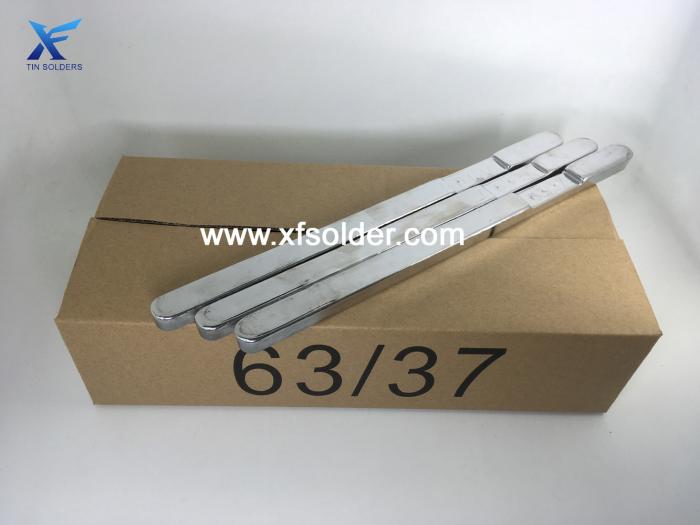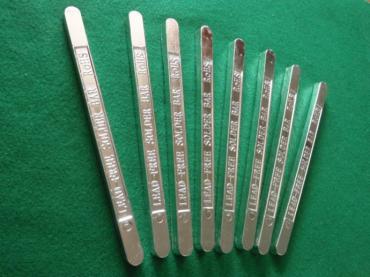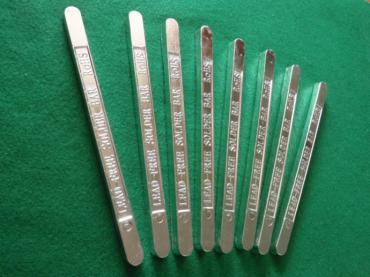| Name: | Solder Bar for wave soldering |
| Name: | Solder Bar for wave soldering |
| Technology: | Wave soldering |
| Form: | Bars |
| Place of origin: | China |
Product Description
Solder Bar for Wave Soldering
What is wave soldering?
Wave soldering is to solder the electronic components in the way of THT (Through hole technology), the solder is melted down and in liquid status inside the solder pot, and the special device inside the wave soldering machine will creat the liquid solder bumps up like a "wave", and leads the tin solder to contact with the bottom of THT components and the soldering of the whole PCB is completed at one time. This is very meanining improvement of soldering technology as it expedites the soldering speed a lot.
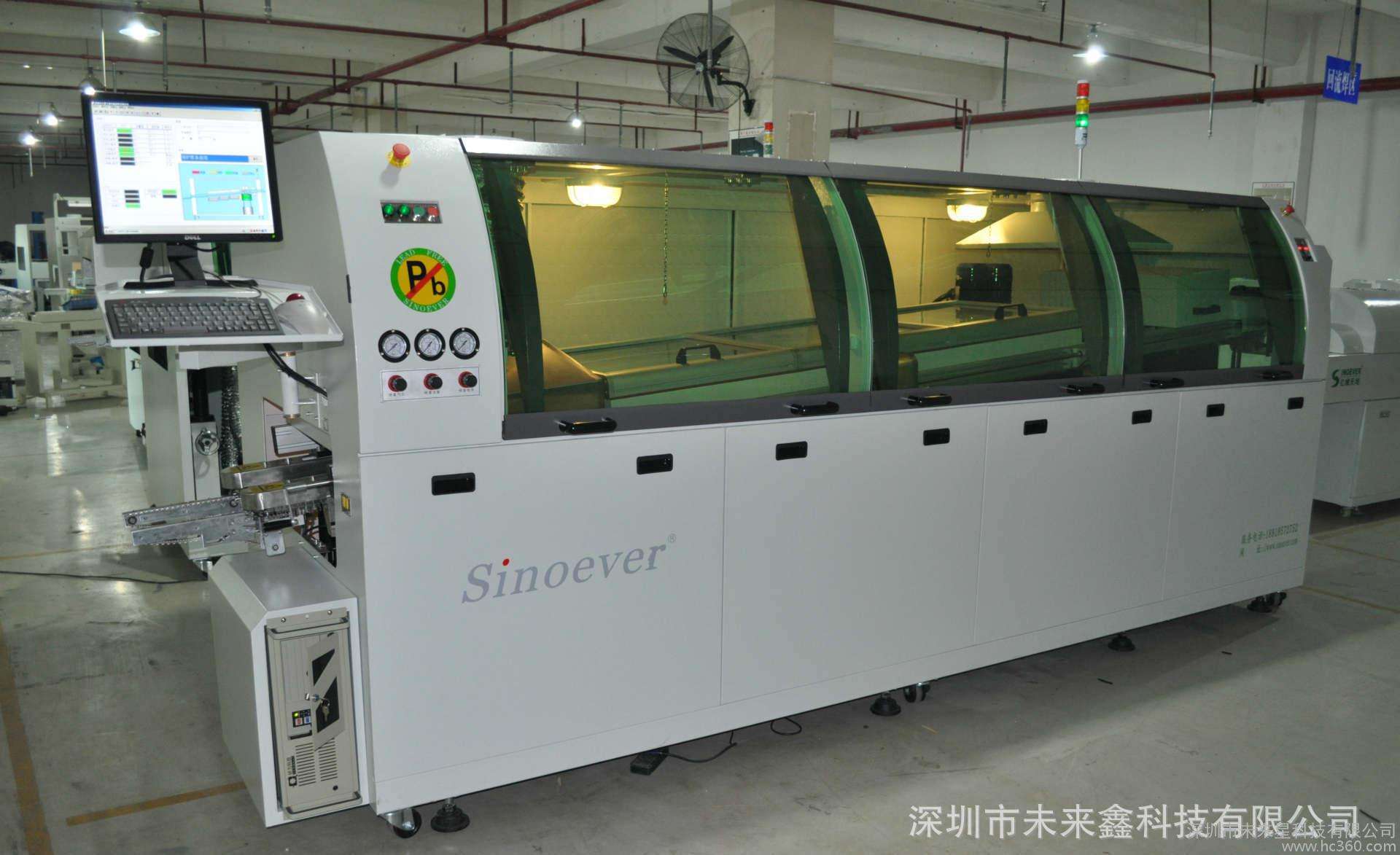
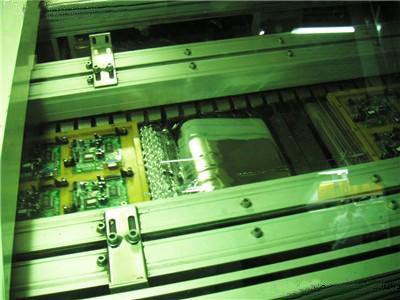
What form of solder should be used for wave soldering?
In wave soldering we will need to use solder bar, NOT solder wire. And there are majorly two groups of solder bars for wave soldering, one type is leaded solder bar (contains lead) and the other one is lead free solder bar that complies with Rohs regulation. For leaded solder bars there are alloys of: Sn63Pb37, Sn60Pb40, Sn50Pb50, Sn40Pb60, Sn30Pb70, Sn20Pb80, Sn10Pb90; for lead free solder bars there are alloys of: Sn96.5Ag3.0Cu0.5, Sn99Ag0.3Cu0.7, Sn99.3Cu0.7
Which alloy of solder bars are the best for wave soldering?
It depends on your actual applications and quality requirement. Our philosophy is the most proper is the best, not the most expensive. No doubt that if you're talking about wetting property, brightness of the solderjoint, electrical conductivity, bonding strength of the solderjoints, the solder bar Sn63Pb37 is the best out of the leaded solder bar group, while the Sn96.5Ag3.0Cu0.5 solder bar is the best out of the lead free solder bar group, but both of them are also the most expensive one in their family. Consider this issue from below 3 points:
1. Do you need the components to be ROHS compliance or not? If the answer is yes, then you have to choose within the lead free solder bar for wave soldering, if no, then you can use both.
2. Is the component that you're soldering is temperature sensitive? When you choose a solder bar for wave soldering, need to consider this. For the Tin lead alloy solder bar, lowest melting point is the Sn63Pb37 alloy at 183℃, and as the percentage of tin goes down and lead contain increase, the melting point becomes higher too; for the lead free solder bar, lowest melting point is the Sn96.5Ag3.0Cu0.5 alloy at 217℃, as the precentage of silver goes down the melting point becomes higher. And working temeprature of wave soldering using the solder bars, should be 50 to 80℃ higher than the melting point of the solder bars. So do consider what temperature your component is compitable and select the proper alloy.
3. Consider the cost. All the above alloy of solder bars mentioned can be used for wave soldering, but if you have lower budget then you will need to consider a lower cost of solder bar. A leaded solder bar Sn20Pb80 is just half price of Sn63pB37, while a lead free solder bar Sn99.3Cu0.7 is just half of the alloy Sn96.5A3.0Cu0.5.
Hope the above information is helpful for you to understand what solder bar for wave soldering is, and how you can select the proper bar solders for you wave soldering.
If you need further information, be free to contact our sales team at Email: xfsolder@gmail.com or xfsolder@163.com, or Whatsapp/Wechat at 008613450770997. Main wbesite www.xfsolder.com

